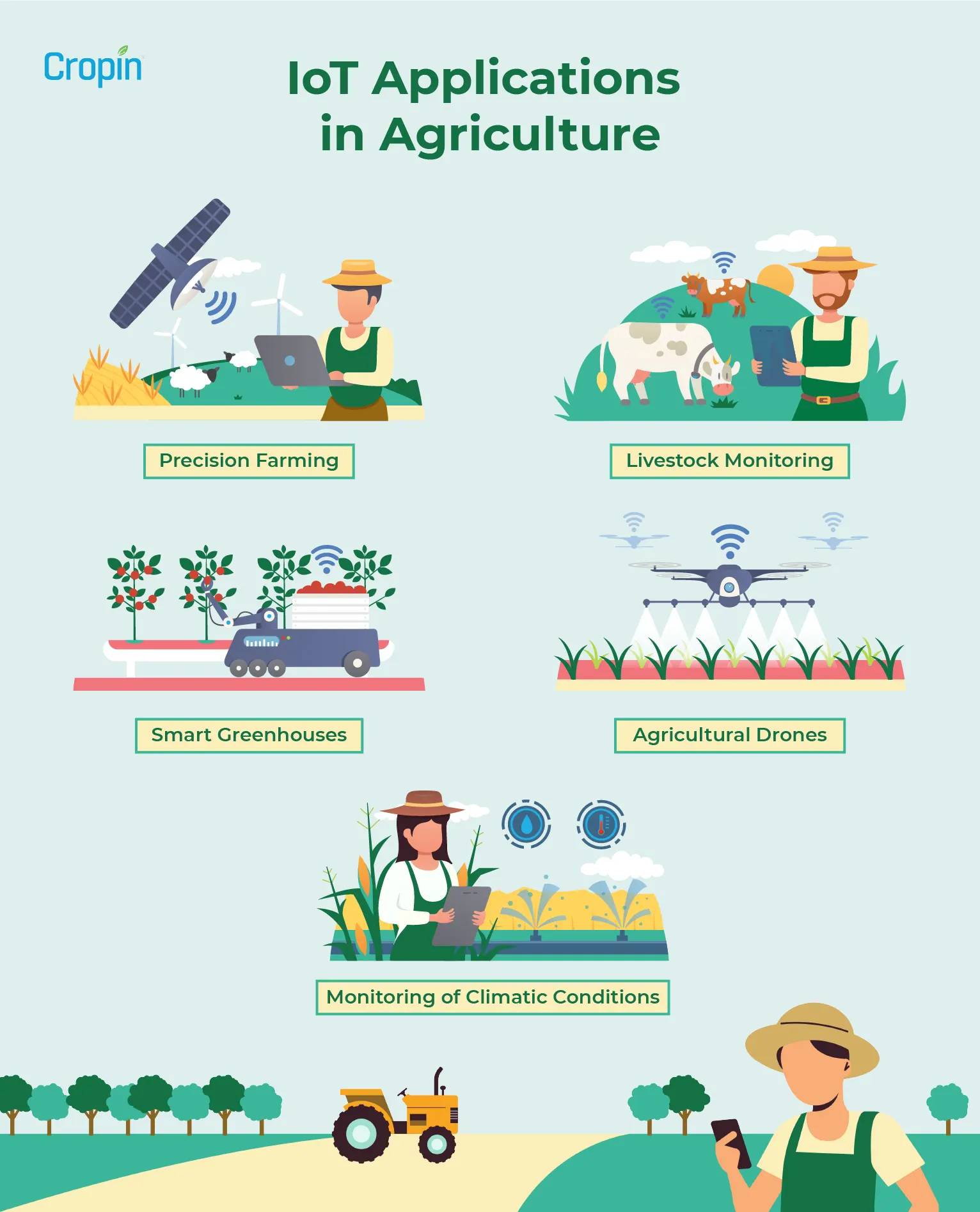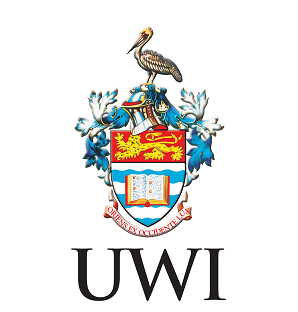What is Smart Farming?
Smart farming, also known as precision agriculture, is a modern farming concept that uses technology to increase the quantity and quality of agricultural products while optimizing the use of resources such as water, fertilizers, and pesticides. It involves the integration of various technologies such as sensors, GPS, drones, robotics, artificial intelligence, and data analytics to monitor and manage different aspects of farming operations.
Internet of Things (IoT) and Smart Farming for Food Security in Jamaica
The integration of Internet of Things (IoT) technology with smart farming practices has the potential to significantly enhance food security in Jamaica. By leveraging IoT devices, sensors, and data analytics, farmers can monitor and manage their agricultural operations more efficiently, leading to increased productivity, reduced waste, and improved crop yields.
Benefits of IoT in Agriculture:
Precision Agriculture
IoT sensors can collect real-time data on soil moisture levels, temperature, humidity, and other key variables, allowing farmers to make data-driven decisions to optimize crop growth.
Crop Monitoring
IoT devices can monitor plant health, detect diseases early, and provide timely alerts to farmers, enabling them to take proactive measures to protect their crops.
Impact on Food Security
In Jamaica, IoT-enabled smart farming has the potential to boost output through better crop monitoring and resource optimization. Reducing post-harvest losses and improving food security are two benefits of using real-time data analytics to find inefficiencies. Smart farming techniques also facilitate crop diversification, which strengthens the food supply chain and benefits Jamaican farmers, and the people.
Smart Farming Initiatives in Jamaica
- Jamaica Agricultural Society (JAS): The JAS has been promoting the adoption of smart farming technologies among Jamaican farmers through training programs and workshops.
- University of the West Indies (UWI): Researchers at UWI have been conducting studies on the use of IoT in agriculture to develop sustainable farming practices tailored to the Jamaican context.
- Government Support: The Jamaican government has shown interest in supporting smart farming initiatives by providing funding and incentives for farmers to adopt IoT technologies.
Jamaica – National Food and Nutrition Security policy. (n.d.). https://faolex.fao.org/docs/pdf/jam148770.pdf
General profile. Food and Agriculture Organization of the United Nations. (n.d.). https://www.fao.org/countryprofiles/index/en/?iso3=jam
Get the facts – climate-smart farming practices. Jamaica Information Service. (n.d.). https://jis.gov.jm/information/get-the-facts/get-the-facts-climate-smart-farming-practices/
International Institute for Sustainable Development. (2024, March 12). https://www.iisd.org/




Comments
Post a Comment